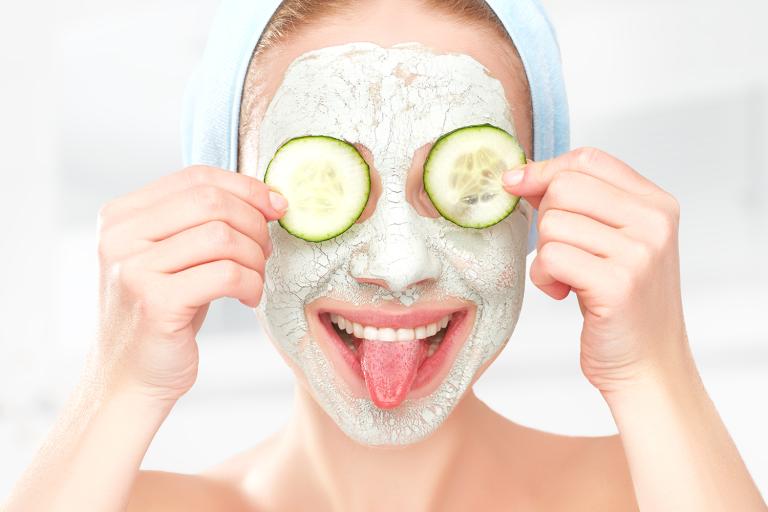With the antibacterial smackdown over the past few decades, probiotics have emerged as a way to restore the good bacteria our bodies need to stay healthy. Now we’ve begun to realize that probiotics promote not just internal health, but external health as well.
Bacteria For Your Skin
Our skin is the largest organ in the body, with more than a trillion native bacteria living within its microbiome. Most of us cringe at the thought of bugs, even microscopic ones, but the truth is, good bacteria such as Lactobacillus plantarum and Bifidobacterium longum are our first line of defense against infections, inflammation, and environmental damage. They also contribute to healthy, glowing skin. When we constantly use harsh skin cleansers, we destroy our body’s good bacteria, which can contribute to acne, eczema, and other skin conditions. But probiotic-infused skin-care products can improve complexions, balance pH levels, and ward off premature aging.
How Probiotics Work For Your Skin
“When you apply probiotics topically, they act as a physical shield like a barrier, blocking harmful microbes from causing inflammation or infection,” explains Whitney Bowe, MD, an expert in skin rejuvenation. These bacterial-boosting skin care products contain live cultures that fortify our microbiomes and revitalize skin by fighting “bad bacteria” with “good bacteria.”
These natural bacteria “help promote healthy skin function,” adds dermatologist Rhonda Klein. “Skin-care products that contain (them) are thought to reset the microbiome that has been altered by our obsession with cleanliness.”
Probiotic Skin Care Products
Probiotic-infused facial and body products for oily, normal, or severely dry skin come in everything from creams, oils, and serums to masks and mists. Probiotic skin care treatments may be especially useful for people with chronic inflammation, such as acne, rosacea, and eczema.

